iPhone SE (2022) vs iPhone SE (2020): Here are the biggest differences
The new iPhone SE is official, so here's how it stacks up to the previous one
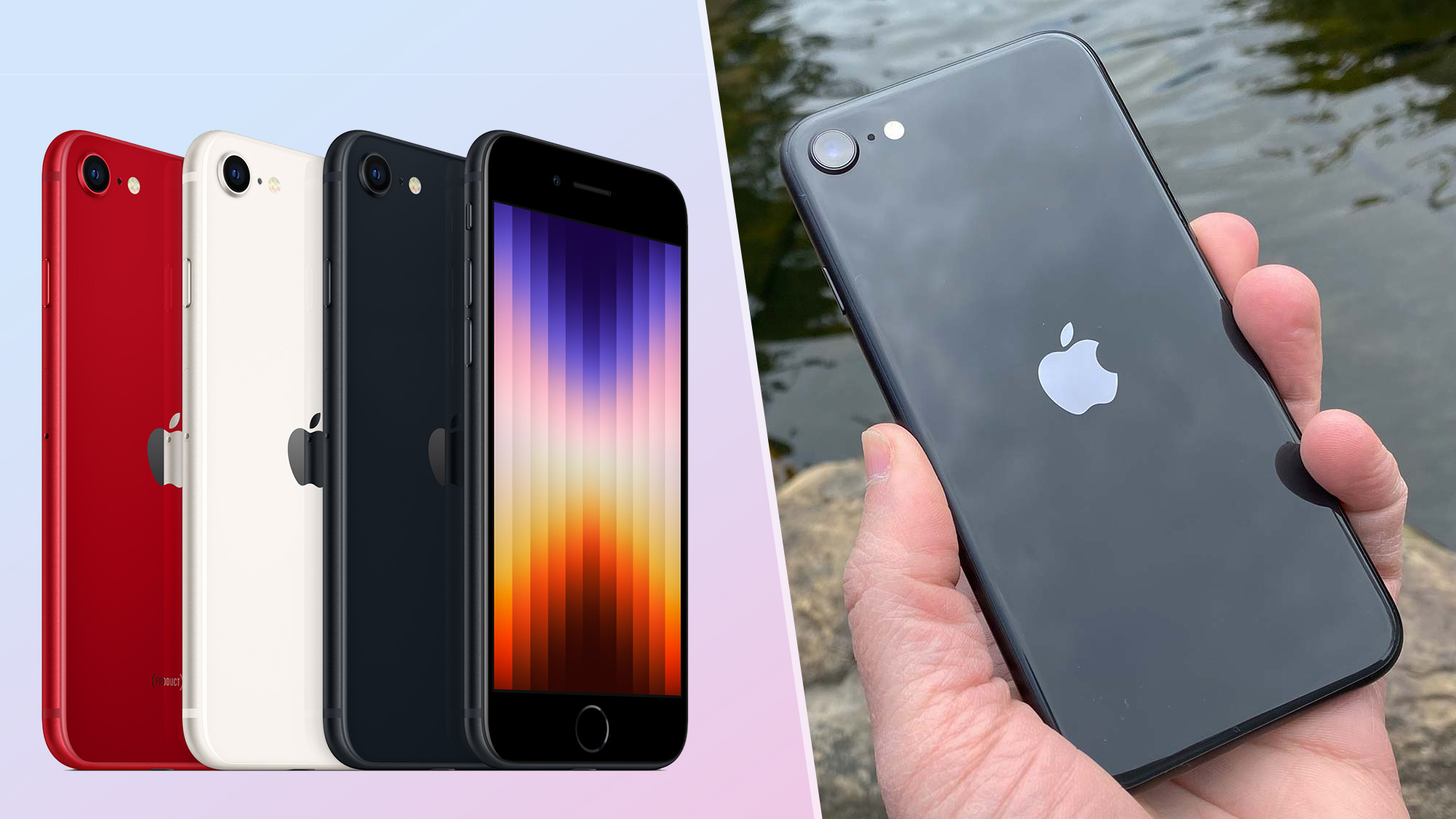
If you're in the market for a cheap iPhone, our iPhone SE (2022) vs. iPhone SE (2020) comparison is here to break down the biggest differences between these two models.
The most obvious addition to the iPhone SE is 5G connectivity. The iPhone SE (2020) has been one of the best cheap phones around for a long while, but it's getting long in the tooth, especially now that it faces competition from the Google Pixel 5a.
Here are all the iPhone SE (2022) vs. iPhone SE (2020) differences we know.
iPhone SE (2022) vs. iPhone SE (2020): Specs
| Row 0 - Cell 0 | iPhone SE (2022) | iPhone SE (2020) |
| Display | 4.7-inch LCD | 4.7-inch LCD |
| Refresh rate | 60Hz | 60Hz |
| CPU | A15 Bionic | A13 Bionic |
| Rear camera | 12MP (f/1.8) | 12MP (f/1.8) |
| Front camera | 7MP (f/2.2) | 7MP (f/2.2) |
| 5G? | Sub-6GHz, C-band | No |
iPhone SE (2022) vs. iPhone SE 2020: Price
The new iPhone SE starts at $429, a $30 price hike over the last model. The current iPhone SE (2020) went for just $399. The biggest addition is 5G.
Regardless, you'll pay $429 for the 64GB model, $479 for the 128GB version, and $579 for the 256GB variant.
iPhone SE (2022) vs. iPhone SE (2020): Design
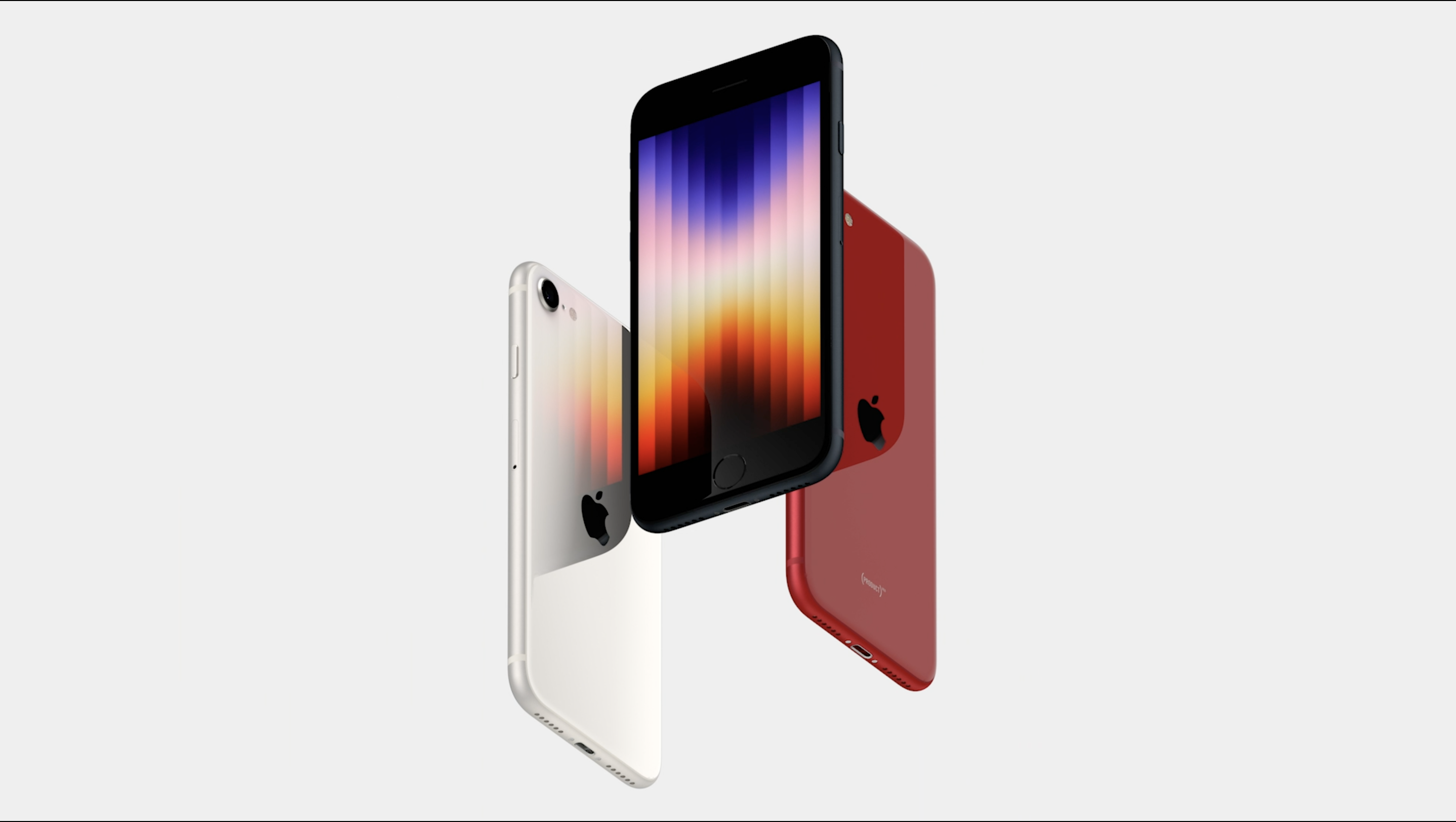
The biggest bit of bad news about the iPhone SE (2022) is that Apple is sticking with the existing 4.7-inch display. That's a bummer considering that the iPhone 13 mini is about the same size as the iPhone SE and yet is almost all screen at 5.4 inches.
Earlier, we heard rumors that the iPhone SE (2022) could sport an iPhone XR-like design with a mostly full-screen design and notch. But that ended up being a false bunch of wishful thinking.
Sign up to get the BEST of Tom's Guide direct to your inbox.
Get instant access to breaking news, the hottest reviews, great deals and helpful tips.
For now, the good news is that the iPhone SE (2022) continues to offer a Touch ID button, which will make it easy for you to unlock the device while wearing a mask. Face ID makes that impossible on other iPhones, though that should change when iOS 15.4 lands.
iPhone SE (2022) vs iPhone SE (2020): 5G
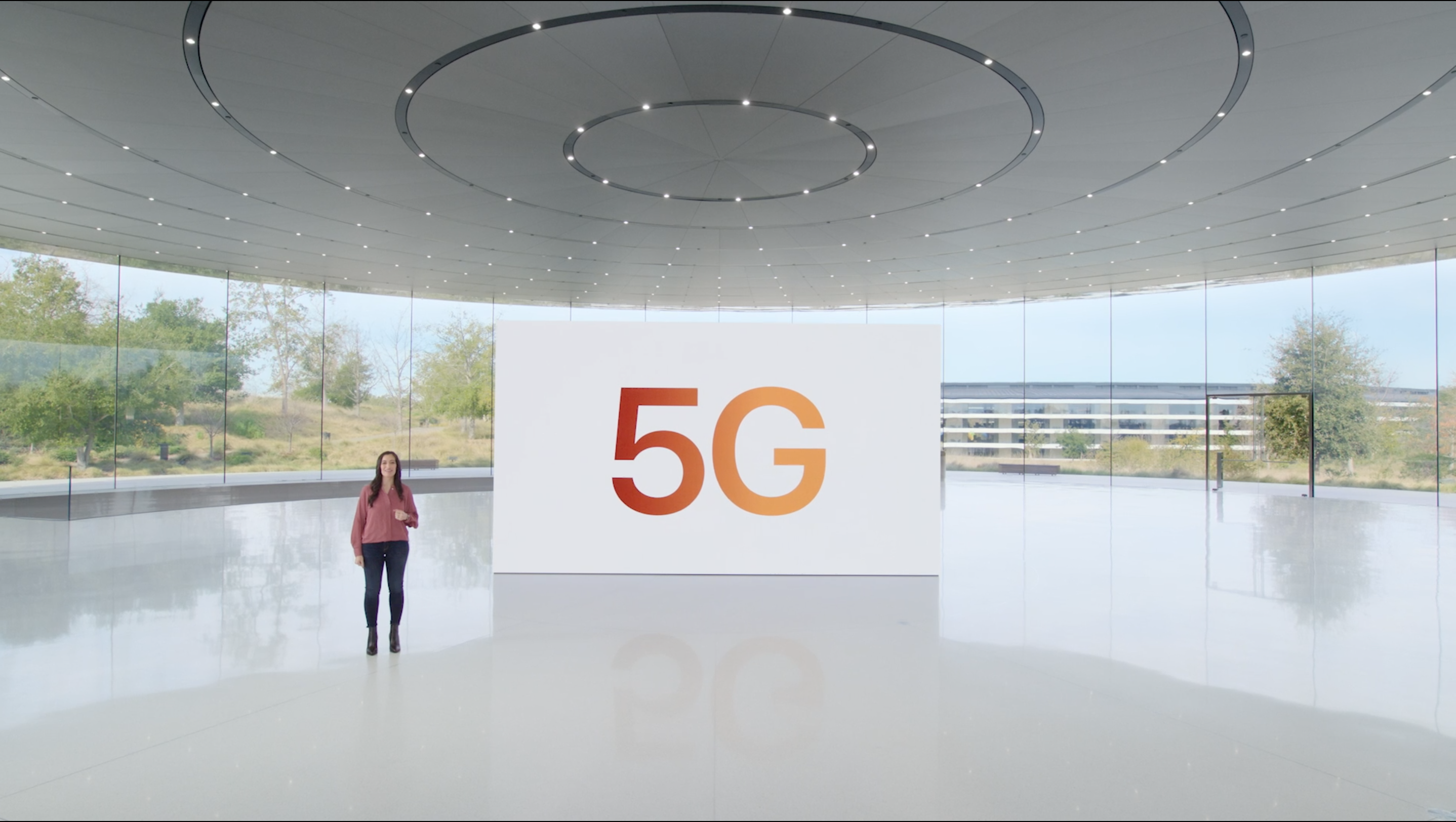
This will be the biggest reason to upgrade from the iPhone SE (2020) to the iPhone SE (2022). 5G means faster downloads and lower latency while gaming, but there's no mmWave support onboard. You're instead limited to sub-6GHz 5G.
The iPhone SE (2022) will support the new C-Band flavor of 5G being rolled out by AT&T and Verizon, as the iPhone 13 does. We had a chance to test Verizon's 5G C-band and came away very impressed with the early speeds.
iPhone SE (2022) vs. iPhone SE (2020): Performance
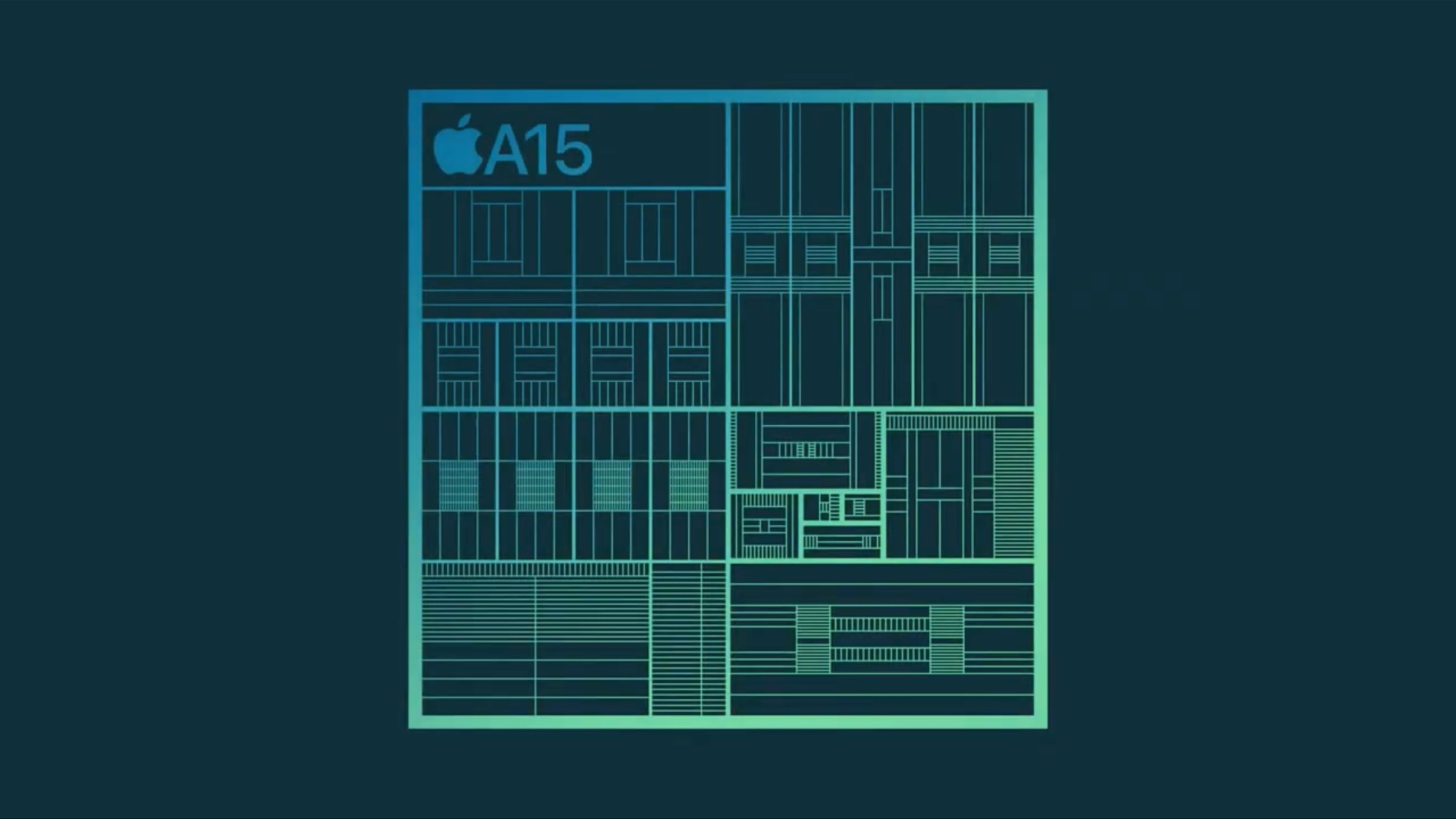
The iPhone SE (2022) will likely be the fastest phone in its price range by far, as it's powered by Apple's A15 Bionic chip. This is the same chip found inside the latest iPhone 13 and as you'll see in our iPhone 13 benchmarks story, it's not really close between this handset and the Android competition.
The A15 Bionic is one powerful piece of Apple silicon, packing a 6-core CPU with two high-performance cores and four high-efficiency cores. There's also a 4-core GPU and a 16-core Neural Engine that's capable of 15.8 trillion operations per second, which enables faster machine learning for third-party apps and Live Text in Camera with iOS 15.
iPhone SE (2022) vs. iPhone SE (2020): Cameras
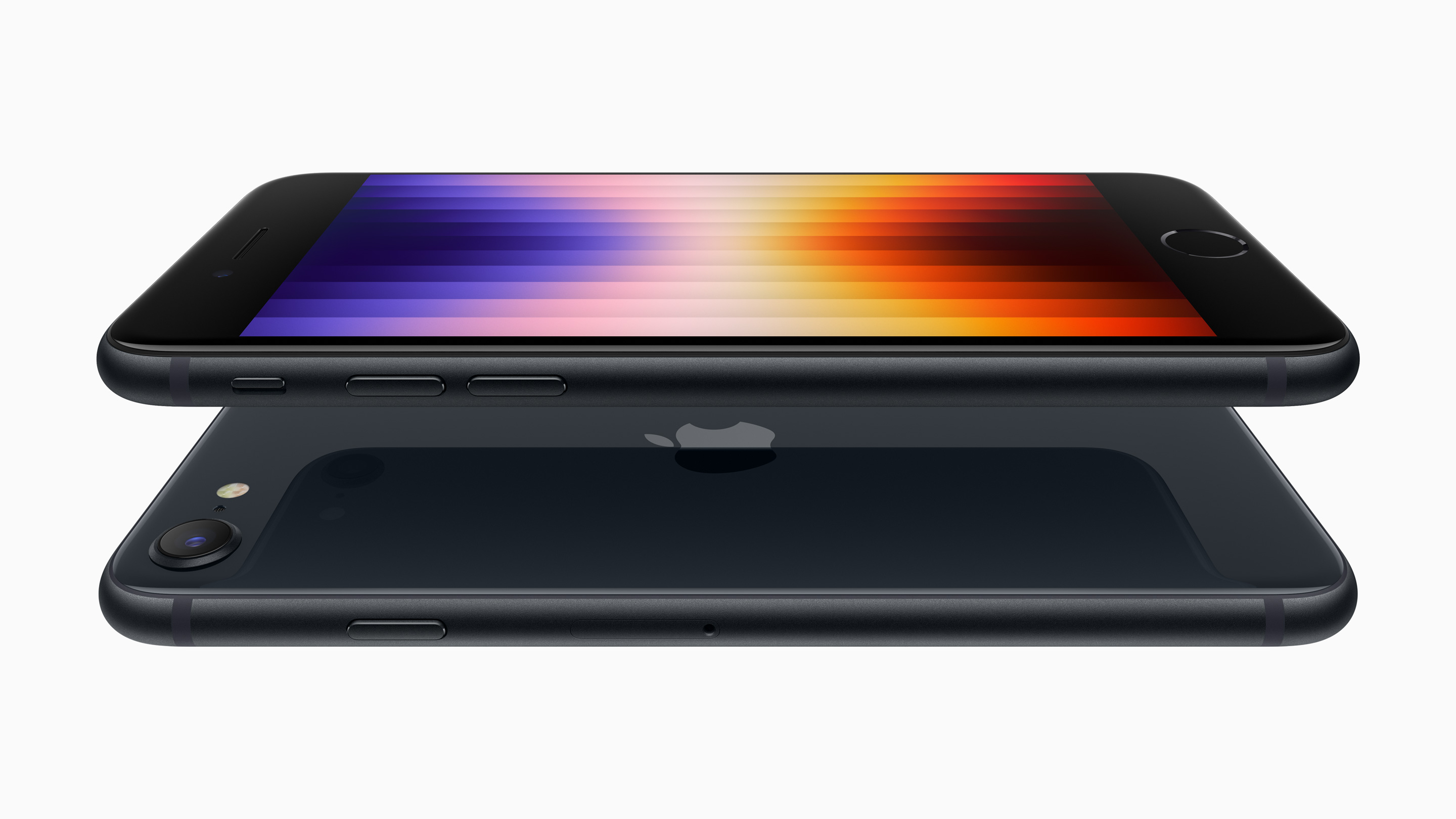
The iPhone SE 3 features a single rear camera once more, which on the surface is annoying. We'd like to see at least an ultrawide lens added to the mix.
However, since it packs the latest A15 Bionic chip, it should offer a number of computational photography upgrades. The A15 Bionic enables a lot of nifty things. There's Smart HDR 4 and Deep Fusion onboard. And Photographic Styles come along for the ride, which enables users to apply their preferences across scenes and subjects.
One feature that did not migrate from the iPhone 13 to the iPhone SE 3 is Cinematic mode for video. Presumably, this requires two lens to make the rack focus effect work. Also, there is no Night mode, which the iPhone SE (2020) also lacked outright. This is a glaring omission on Apple's part without any proper excuse we can think of.
iPhone SE (2022) vs. iPhone SE (2020): Battery life and charging
The iPhone SE (2020) didn't offer the best battery life. The handset endured for only 9 hours and 18 minutes on the Tom's Guide battery test, which involves continuous web surfing at 150 nits of screen brightness. And this was over a less power-hungry 4G connection.
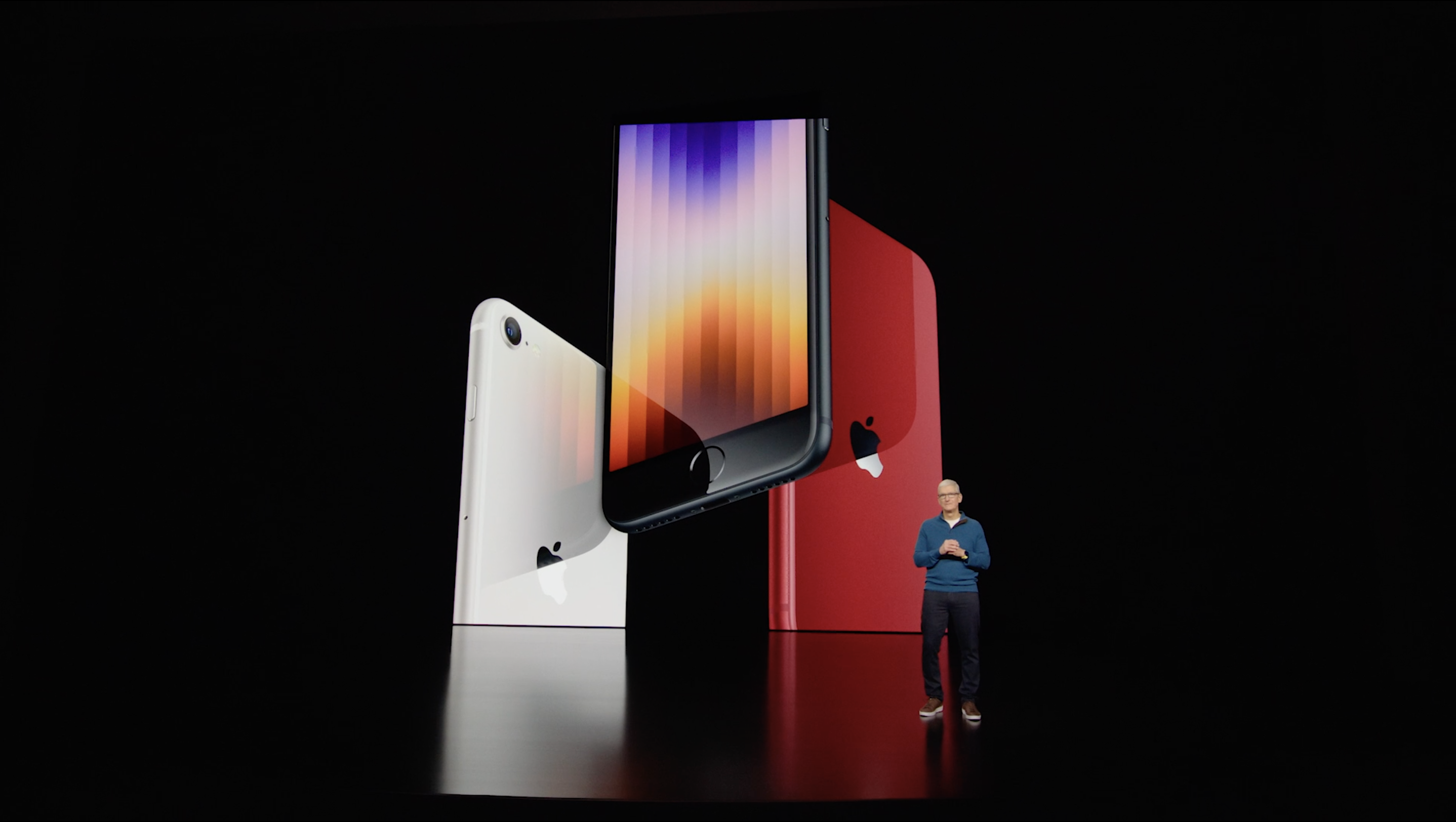
The good news is that we, and Apple, anticipate longer batter battery life for the iPhone SE (2022), as the A15 Bionic chip is simply more efficient than the A13 chip inside the iPhone SE (2020). Plus, we're hoping that Apple can squeeze in a bigger battery than the meager 1,821 mAh pack for the last iPhone SE — the company implied as much by mentioning "internal design updates."
Like other iPhones, we don't believe Apple will include a charger. But we expect the iPhone SE (2022) to support fast charging to 50% in 30 minutes since Apple mentions fast charging.
The iPhone SE (2022) also supports Qi wireless charging, but Apple said nothing about MagSafe.
iPhone SE (2022) vs. iPhone SE (2020): Outlook
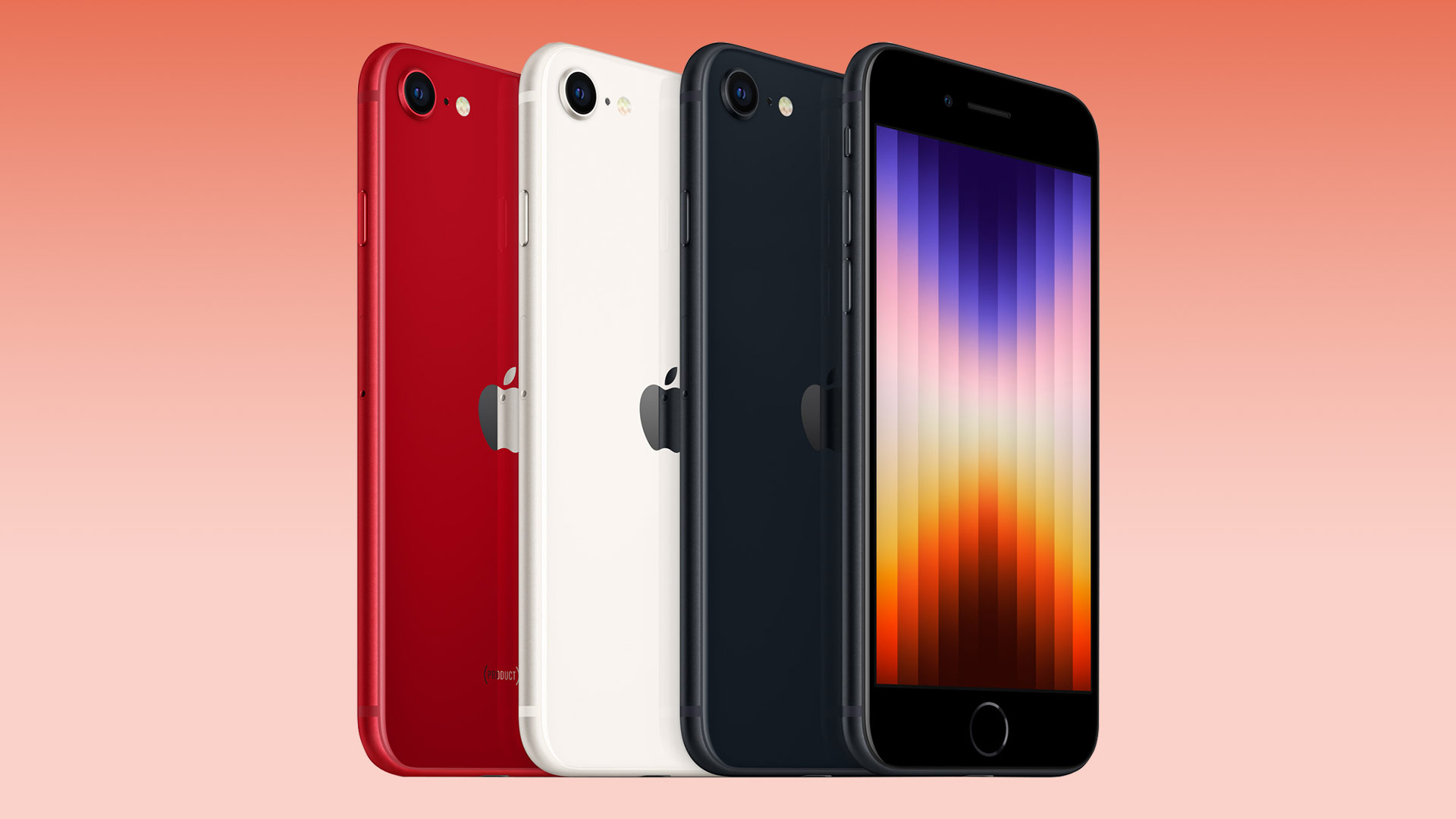
The iPhone SE (2022), quite frankly, doesn't sound like it offers dramatic upgrades over the iPhone SE (2020). It comes down mostly to the addition of the 5G connectivity and Apple's A15 Bionic chip. That chip enables all sorts of benefits, from faster performance and better photos and video to longer battery life. The one exception being the utterly inexcusable lack of Night mode.
The most important thing, though, is to keep the price as low as possible, as that's the chief appeal of the iPhone SE line. Even so, there's still a $30 price hike this year. All in all, the new iPhone SE (2022) has a hard time justifying itself. But we'll get our full thoughts in this face-off down once we've spent time with the new iPhone and have a chance to compare it to its predecessor.
For another head-to-head, check out our iPhone SE (2022) vs. Google Pixel 5a face off.
Mark Spoonauer is the global editor in chief of Tom's Guide and has covered technology for over 20 years. In addition to overseeing the direction of Tom's Guide, Mark specializes in covering all things mobile, having reviewed dozens of smartphones and other gadgets. He has spoken at key industry events and appears regularly on TV to discuss the latest trends, including Cheddar, Fox Business and other outlets. Mark was previously editor in chief of Laptop Mag, and his work has appeared in Wired, Popular Science and Inc. Follow him on Twitter at @mspoonauer.
- Jordan PalmerPhones Editor

